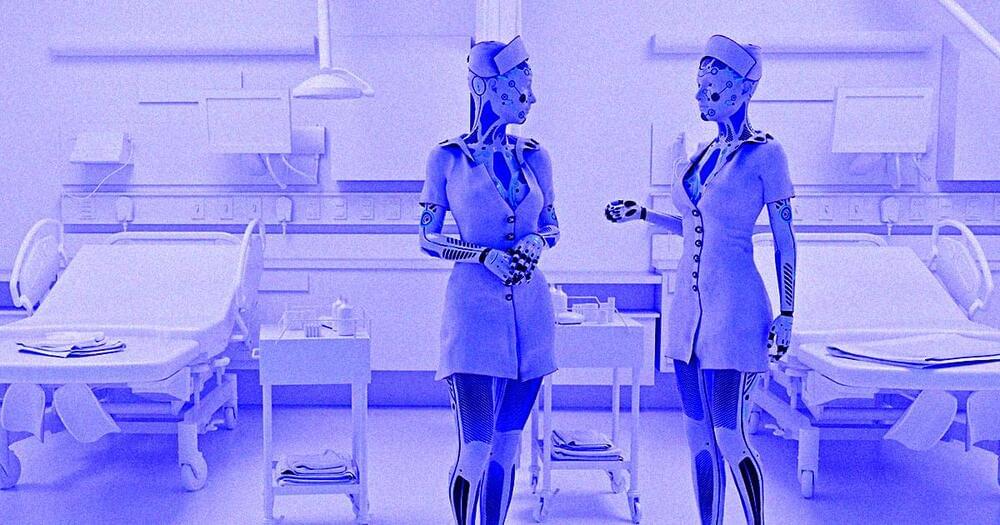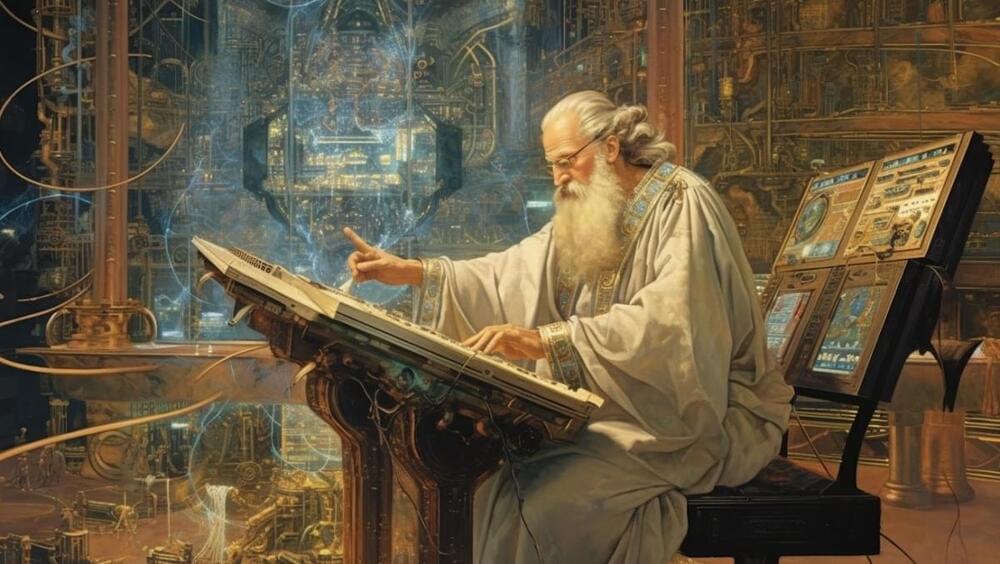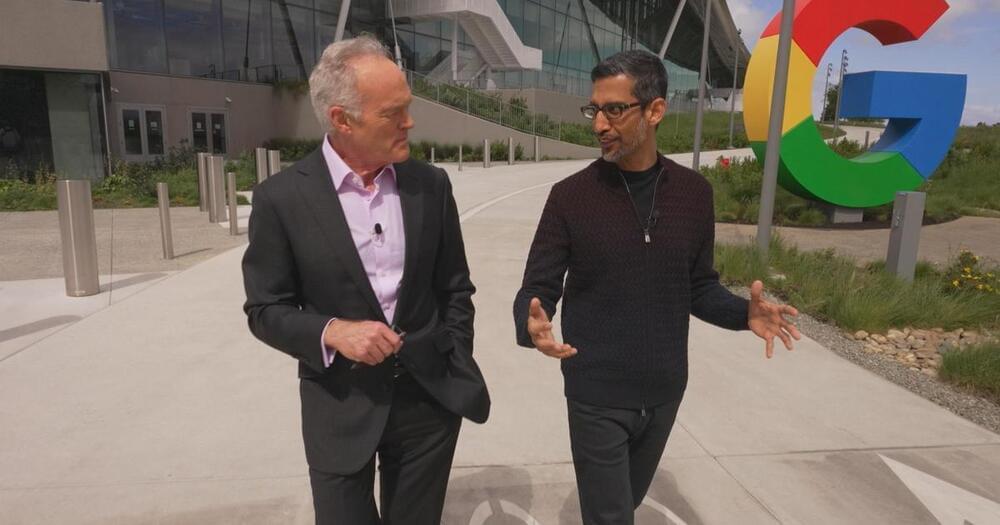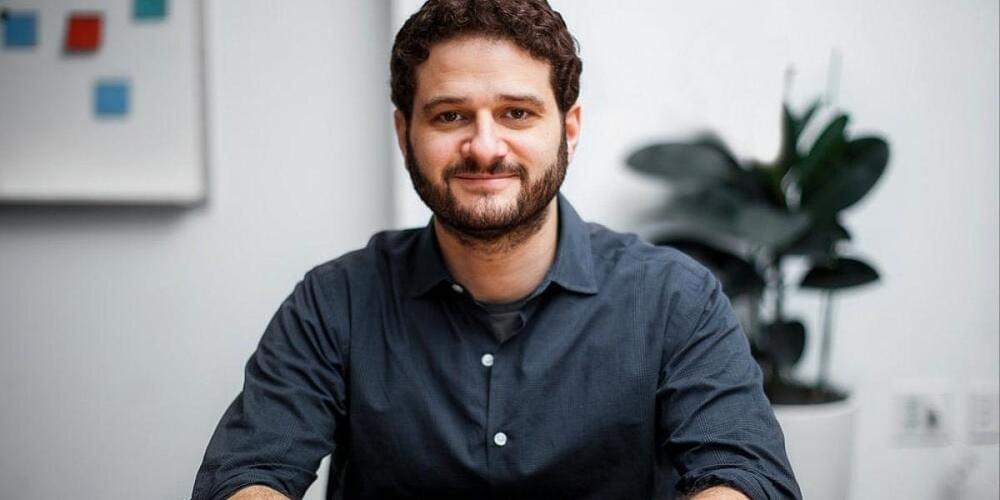A nice Tesla Video. Hope it’s not censored.
#TeslaFans #teslanews #teslamotorfans #gigaberlin.
Please Subcribe my channel: http://bit.ly/3clkTm6
=====
Tesla Giga Shanghai Production Speed 38 Seconds, Changes Everything!
Huge thank to:
CCTV https://www.youtube.com/c/cctv.
wu wa https://www.youtube.com/c/%E7%83%8F%E7%93%A6
Jason Yang https://www.youtube.com/c/JasonYang.
====
Tesla’s Giga Shanghai is a trump card for the EV revolution of Tesla.
Recently, Elon Musk revealed how fast Giga Shanghai could produce a car in just 38 seconds.
So how did that change everything?
The first video includes a ten-minute and five-minute segment of the Model Y leaving the workshop.
And during the 10-minute segment, 16 new cars were completed, which would be 38 seconds per car on average.
7 cars were completed in the following 5-minute segment, translating to an average of 44 seconds per car.
We will not count it to double-check, but the peak rate may be amazingly high. Of course, not necessarily constant and simultaneous for both models.
Based on production and statistics, we can completely believe in the super-fast production speed of Giga Shanghai.
This is the carmaker’s first Gigafactory outside the United States, with an industrial chain localization rate of more than 95 percent and 99.99 percent of the employees being Chinese.
Especially, Giga Shanghai’s production and sales volume reached a new record.
This $2 billion US factory produced nearly 300,000 cars in the first half of this year.
Tesla delivered a record high of 77,938 vehicles in China in June, up 177 percent yearly.
It’s a big step for Tesla though it has faced unprecedented delays in vehicle production due to pandemic-related supply chain disruptions. Giga Shanghai was shut down for over three weeks in April, and no vehicles were exported to other territories.
Tesla says its Giga Shanghai is now the most productive EV factory in the world. It saw a projected annual capacity increase from just 450,000 vehicles to a whopping 750,000 from Q1 to Q2 2022.







